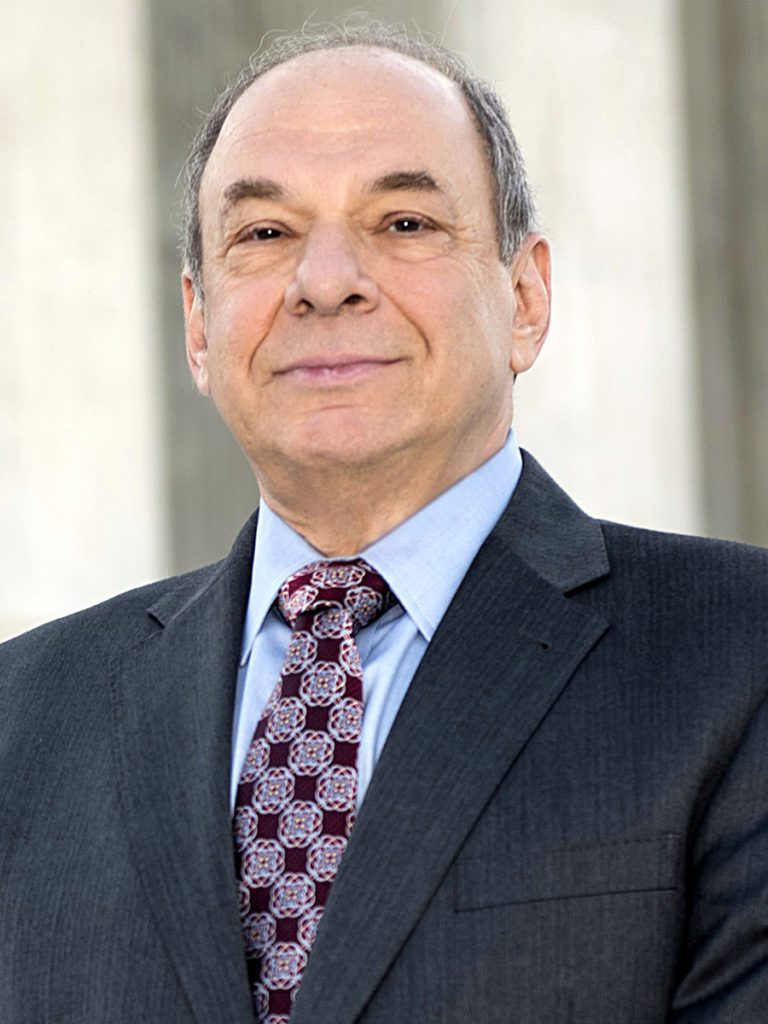Larry Ebner had been a D.C.-based law firm partner for more than 35 years. In September 2016, however, the Harvard Law School graduate decided to change his practice platform. He departed what is commonly known as “Big Law” and opened his own, solo-practice, boutique law firm, which he named Capital Appellate Advocacy PLLC.
Ebner found private office space to continue his appellate litigation practice at the Carr Workplaces Pennsylvania Avenue location. He says that his transition from “Big Law” to “Boutique Law” is not an encore career —rather, he is continuing to handle the type of legal work that he has done for 46 years. “What I’m doing now as an independent professional builds upon more than four decades of appellate litigation knowledge, skills, and experience.”
Ebner noted that he is not alone in making such a professional change – other highly experienced “Big Law” attorneys are making similar moves, either to much smaller firms or to solo practice. While he didn’t identify all of the reasons behind this trend, Ebner said that he had a strong desire to enjoy a lot more independence than he had at a Big Law firm. For example, he now can set his own legal fees, and choose how much time to devote to professional activities such as the American Academy of Appellate Lawyers, without management approval or scrutiny. Ebner says that clients appreciate his personal, “hands on” approach and the greater flexibility that he now has an independent professional.
Ebner’s nationwide practice focuses on advocating for businesses and industries in the Supreme Court and other appellate courts, and before federal regulatory agencies. His cases usually involve “federal issues,” which he describes as “complex legal questions pertaining to federally regulated or procured products or services,” or civil justice issues such as class-action fairness. Part of Ebner’s appellate practice includes writing “friend of the court” (“amicus”) briefs that “give a voice to industry trade associations, professional groups, and other nonprofit organizations in Supreme Court and other cases involving legal issues important to their members or supporters.” He is proud to serve as chair of the Amicus Committee for DRI, a 22,000-lawyer organization for civil litigation defense attorneys. “I find what I do so intellectually rewarding,” he said.
Ebner misses certain things about working in a large law firm, such as his long-time colleagues and legal secretary. But he says that he now interacts with other solo practitioners and independent professionals at Carr Workplaces, where he loves being situated across the street from the White House complex. Ebner, however, does not recommend solo practice for most new lawyers. He said that joining a law firm or in-house legal department affords great opportunities for recent law school graduates to develop legal skills, substantive expertise, and experience.
Sponsored by Carr Workplaces



